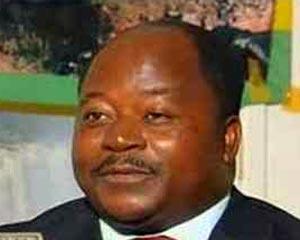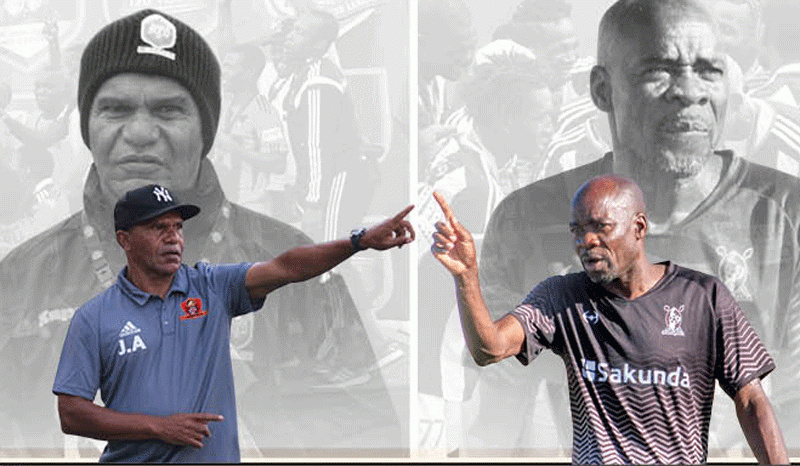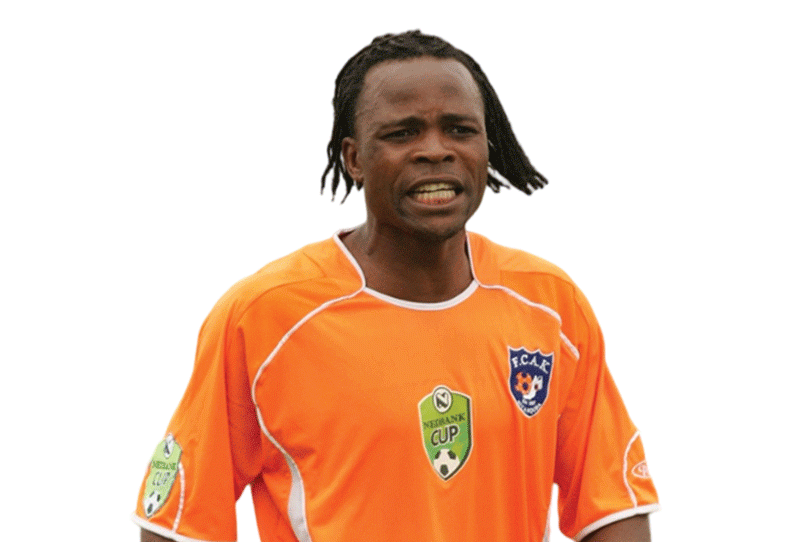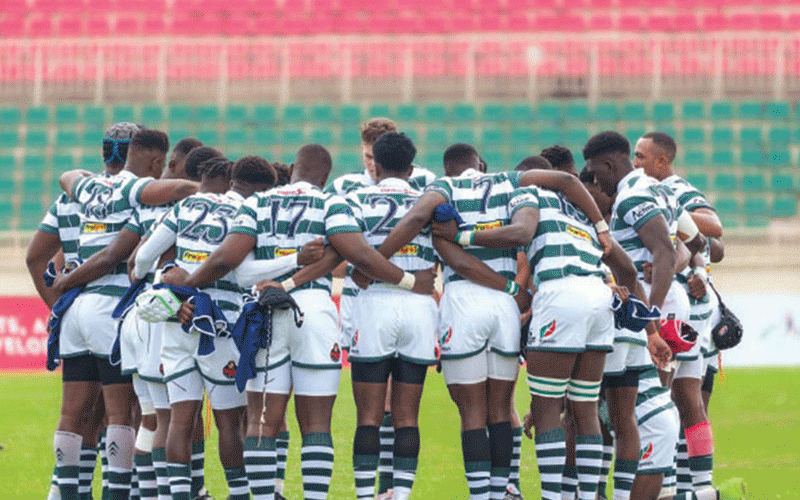
There were wild scenes of celebration when it was announced that there would be a standalone sports ministry divorced from education. MICHAEL KARIATI
Everywhere and everyone within the sports fraternity, Asians, blacks, coloured and whites were united as they sang and danced with joy in what they perceived would be a new era in Zimbabwean sport.
Mobile phones rang endlessly throughout that night as members of the sports family informed each other of the “exciting latest news.”
To them, a ministry of sport represented milk and honey since for the first time since independence in 1980, funding would percolate to those who needed it, and in addition, it was assumed, sport would get the sort of recognition it deserved. But one year down the line, what looked like a honey pot has turned into nothing but unfulfilled promises. In reality, nothing has changed.
The Zimbabwe Davis Cup team nearly failed to travel to Egypt for the Euro-Africa Zone Group Three qualifiers due to lack of funds. Many other national teams continue to find themselves in the same predicament as they do not have the financial resources to fulfill international engagements on behalf of Zimbabwe.
Right now, Tennis Zimbabwe is begging for funds to host Bosnia-Herzegovina in their impeding Davis Cup Euro-Africa Zone Group Two tie set for Harare Sports Club between March 6 and 9.
All this tells us that we are missing something that other nations are doing. We need to learn from successful sporting nations, but 34 years down the line we have learnt nothing and continue to be on a learning curve.
In other countries, national teams are funded by their governments, and in some cases, even the secretariats of national associations are taken care of by the sports ministry through government arms like the Sport and Recreation Commission.
- Chamisa under fire over US$120K donation
- Mavhunga puts DeMbare into Chibuku quarterfinals
- Pension funds bet on Cabora Bassa oilfields
- Councils defy govt fire tender directive
Keep Reading
Even the coaches of the money spinning national soccer teams themselves have their salaries paid by government. On that premise, it is the duty if not the responsibility of the minister of sport to convince treasury to support such initiatives.
Yet the Zimbabwe National Boxing Control Board is still surviving on the charity of its vice-president Lorraine Muringi who offers part of her residence for meetings.
The promised funding for a secretariat still remains a pipe dream as important documents are being kept in cars while those without cars move around with documents in handbags despite the increased threat of muggings.
This should really not be happening.
What we have been subjected to is the grandstanding of the minister Andrew Langa at functions; making promises one after the other, much to the chagrin of guests who are now used to that type comedy.
Congratulatory messages from the ministry have also been poured out to successful sportspersons and teams when they return home from successful trips, yet on the ground, the government is not involved in any way to that success.
The only time I remember government forking out something to sport was the $70 000 that was dished out to the Warriors for their 2014 African Nations Championships campaign in South Africa and the results were there for everyone to see. The team reached the semi-finals.
Yes, there is also the Parliamentary Portfolio Committee on Sport. We admit that they have played their part in trying to normalize the administration of sport in the country. But question marks still remain.
What have they done in trying to make sure that sport is adequately funded, especially, the national teams? One year has gone by after the ministry was set up. During that period, the ministry has existed in name only. Now that we are four days into 2015, we need to see some action.
For views, suggestions, and comments, email: [email protected] or WhatsApp on 0773 266 779.











